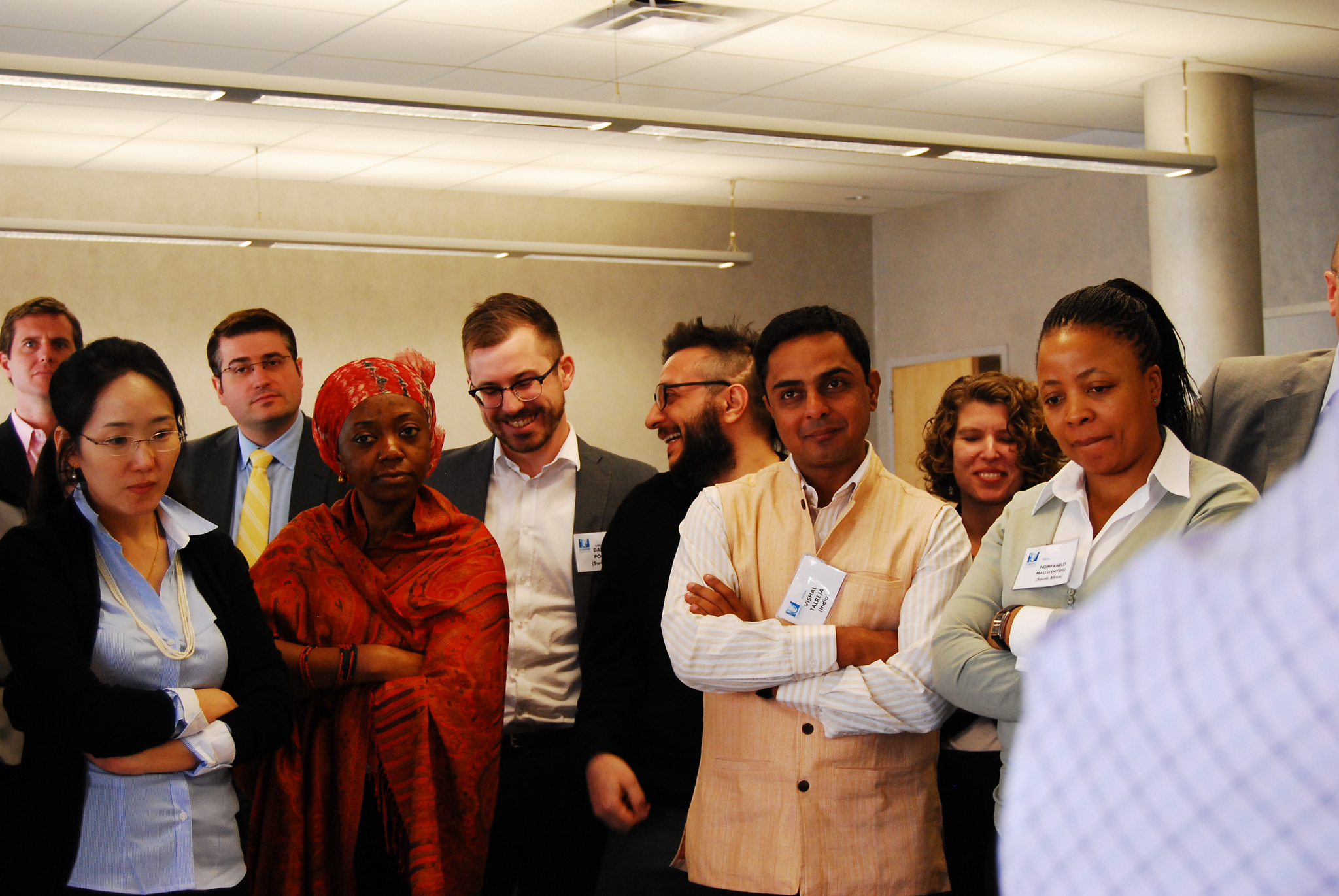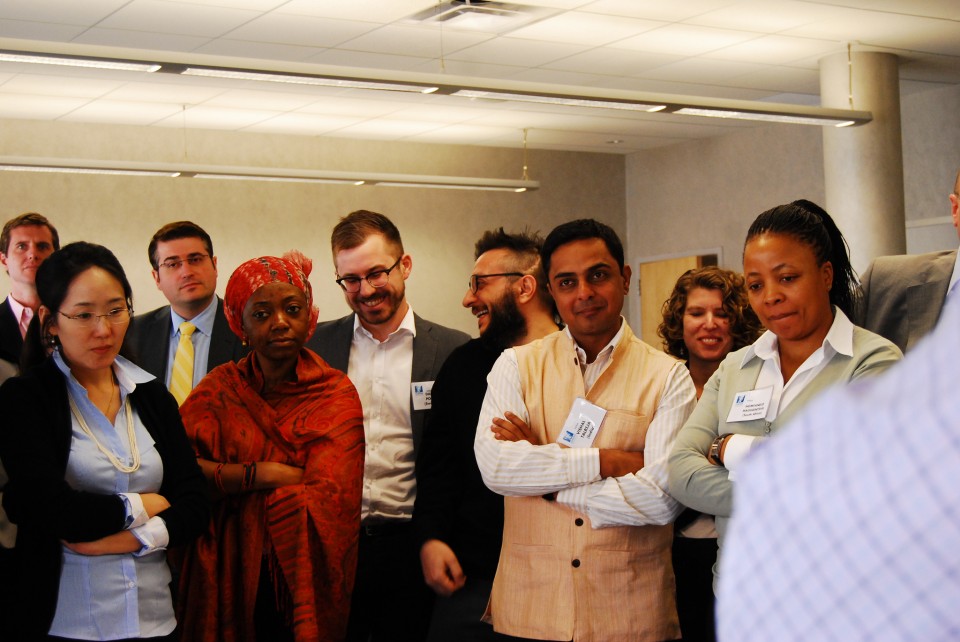Salvatore Iaconesi will be on his Eisenhower Fellowship to explore the changing scenarios of leadership in the US, and to understand the opportunities for collaboration and exchange among the arts, sciences, humanities, businesses and public policies.
“identifies, empowers and links outstanding leaders from around the world, helping them to achieve consequential outcomes across sectors and borders. EF provides a transformational experience leading to lifetime engagement in a global network, where dialogue and collaboration make the world more prosperous, just and peaceful.”
Art is Open Source, through Salvatore Iaconesi, will be on the fellowship to explore various types of scenarios.
As we know, everything around us is changing at incredible speed.
The ways in which we learn, express, collaborate, work, consume, relate, exchange information, knowledge and wisdom are very different from they were even a few years ago.
Touched by the impact of digital cultures, the world has mutated and continues in this transformation.
This has extreme, radical impacts on human societies and on the ways in which we can imagine shaping our public policies: our perception of private and public spaces has changed, just as much as what we perceive to be legal/illegal, possible/impossible, suggested/forbidden. Just as our visions, imaginaries, opportunities.
We are in a situation in which giving answers has become not only very difficult, but also not very interesting. What is interesting, today, is to understand what the fundamental questions are, and to create open spaces for discussion, and for their continuous, iterative, participative assessment.
Many signals exist around us that can help to observe – just like anthropologists, ethnographers and cultural geographers – the ways in which things are changing in human societies. These signals can be collected in large quantities and observed according to a series of different approaches: for business, science, art, research, culture, commerce, policies…
We can also imagine collecting these signals to enact some form of forecast.
Possibly the most interesting thing which we can do is to take these signals into account to observe our present and what it says about our near-future, to see which new daily rituals they describe, new ways of doing things, new habits, new things that we have learned to give for granted, or that we have forgotten about.
And to use these observations to create things, be them objects, products, services, processes: real ones, possibly under the form of live prototypes that can be used to inspire further, materialized observations about our near-future.
Some call if Design Fiction, some call it near-future design: what is certain is that it is a practice that needs the contribution of the artist just as the ones of the scientist; of the engineer and the poet; of the businessman and the designer; of the anthropologist and the architect; of the technologist and the politician. In a joint effort to understand, create and leverage the layers of meaning emerging from our human societies.
This is what we will do during this Eisenhower Fellowship, collecting the experiences of leaders throughout the USA, suggesting change and creating the opportunities for exchange and collaboration for a better understanding of our present and of what will come up next.
![[ AOS ] Art is Open Source](https://www.artisopensource.net/network/artisopensource/wp-content/uploads/2020/03/AOSLogo-01.png)

